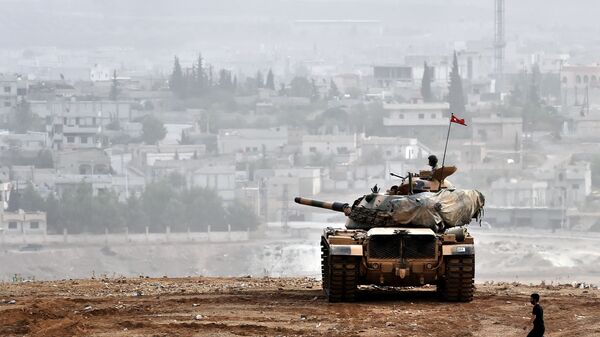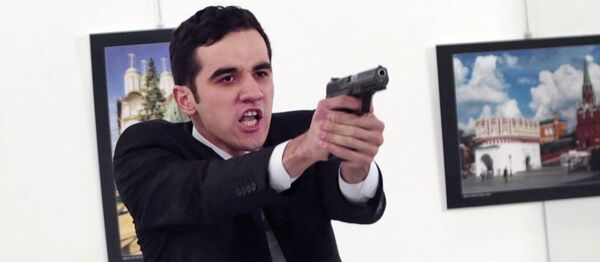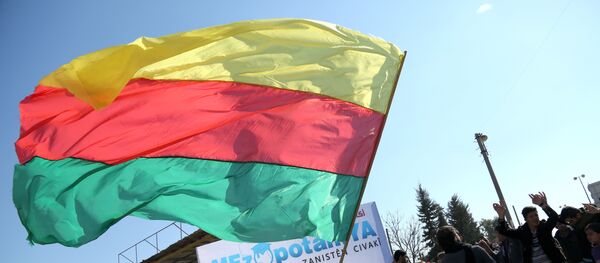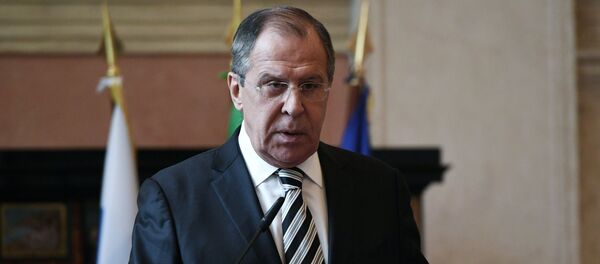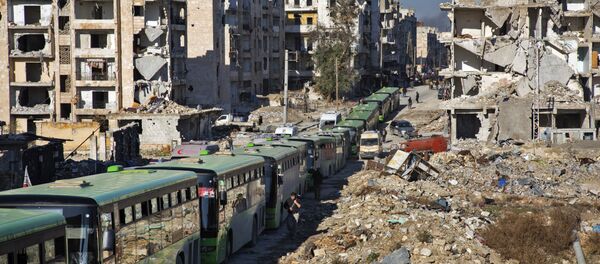On Monday evening, Karlov was killed by a gunman at the opening of an art gallery exhibition in the Turkish capital. Three other people were injured in the attack, which both Moscow and Ankara are treating as an act of terrorism.
Leaders, politicians and diplomats from around the world have since offered words of support for Russia in connection with the shocking attack. Egyptian lawmaker Mahmoud Badr was one of them.
Speaking to Sputnik Arabic, Badr, a member of Egypt's ruling 'In Support of Egypt' bloc, started off by saying that he and his fellow lawmakers offer their sincere condolences "to our brothers in Russia."
"The Russian people are friends who have long supported Egypt during the most difficult periods," he stressed.
At the same time, Badr, a founder of the Tamarod Movement, a social organization that played a central role in removing the Muslim Brotherhood from power in Egypt in 2013, had some harsh words for the Turkish government, which he said has failed in its duty to protect Russian and other foreign diplomatic officials.
Karlov's death "clearly shows that Ankara is not in a position to ensure the protection of foreign diplomatic mission," according to Badr. Furthermore, he added, "attempted attacks on Western diplomats have become more frequent. After the failed coup attempt, the situation in the country is tense and worrying."
"Turkey is known for having supported terrorists during certain periods; it opened its borders to hundreds of terrorists that joined the ranks of Jabhat al-Nusra," the lawmaker explained. "There is proof that in March, militants carried mustard gas across the Turkish-Syrian border." Accordingly, Badr argued, "what happened [to the Russian ambassador] is the price Turkey pays for supporting terrorism."
Alexander Kazakov, director of the Moscow-based Stolypin-Struve Center for Liberal-Conservative Policy, has a different view. Speaking to Radio Sputnik, Kazakov suggested that "if we do not indulge in conspiracy or some broad geopolitical versions [regarding Karlov's murder] of course, those with the most interest in this are the terrorist organizations and forces which continue to occupy parts of Syria."
"They have a vested interest," according to Kazakov, "because the building of relations and coordination between Russia and Turkey would factually mean the end of their reign of terror in Syria."
Nevertheless, the two sides have made progress in trying to find a commonly acceptable solution to the conflict. This summer, after apologizing for the Turkish Air Force's downing of a Russian jet in November 2015, President Erdogan vowed to step up attacks against the Daesh (ISIL/ISIS) terrorist group. Turkey had previously been implicated in facilitating the terrorist group's efforts in Syria, but has apparently changed its policy.
On Tuesday, the foreign ministers of Russia, Turkey and Iran met in Moscow, searching for solutions aimed at reviving the peace process in Syria.
Ultimately, Kazakov stressed that because Turkey is the only major power in the Syrian conflict with a direct border with Syria, their shifting position cannot be expected to occur overnight. Effectively, he noted, Karlov's murder served to benefit only the terrorists, who have a "direct interest in disrupting Russian-Turkish fence-mending efforts…"
Finally, the analyst said, Moscow and Ankara are now the key two powers in the effort to restart negotiations between the Syrian government and what's left of the moderate opposition on restoring peace. If this proves successful, "it would be the best possible response to the murder of the ambassador, and other attacks which may yet happen," Kazakov concluded.

